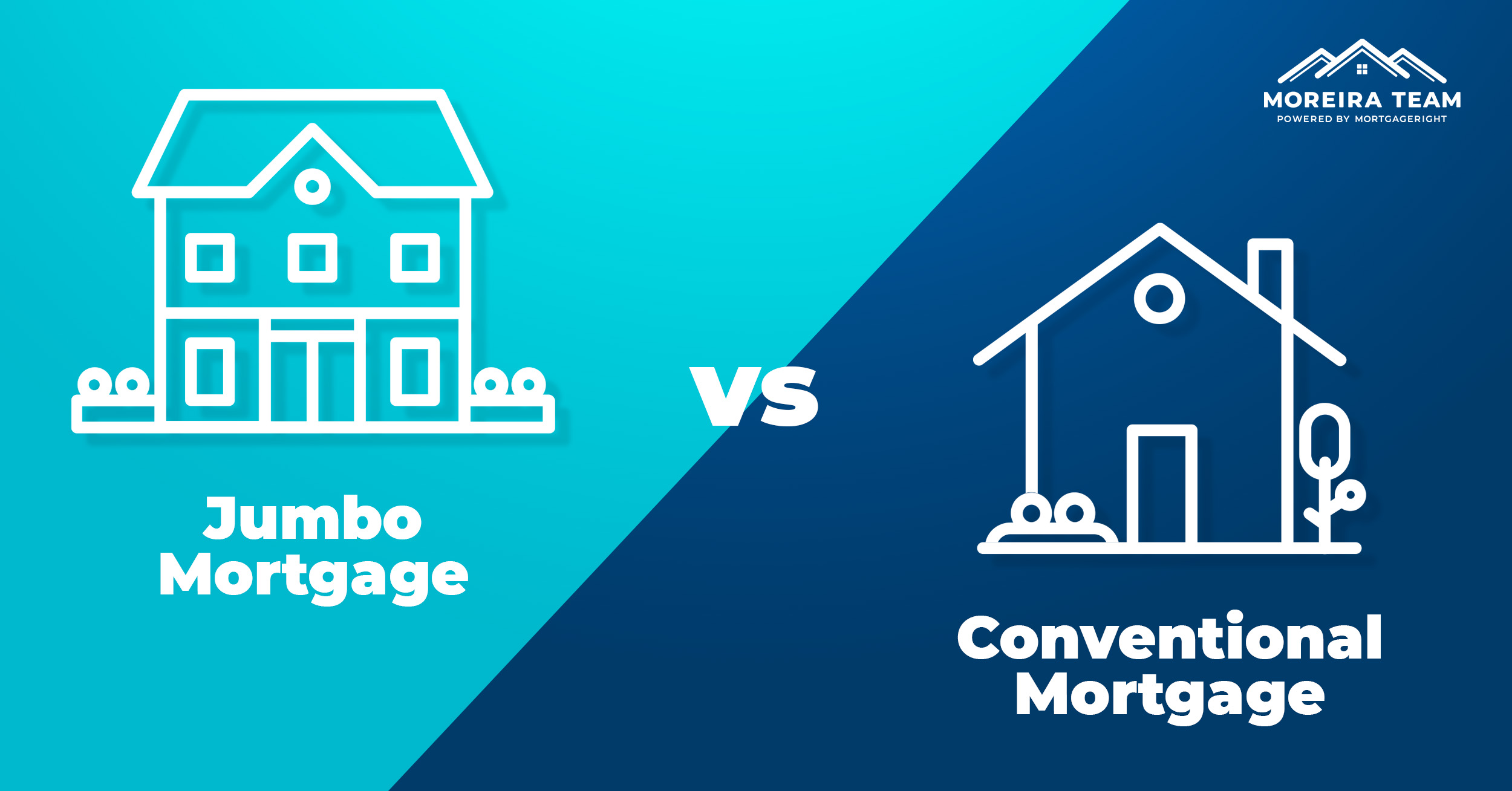Recognizing Jumbo Loan: What You Need to Know for Luxury Home Purchases
Recognizing Jumbo Loan: What You Need to Know for Luxury Home Purchases
Blog Article
The Impact of Jumbo Lendings on Your Financing Choices: What You Need to Know Prior To Using
Jumbo fundings can play a pivotal role in shaping your funding options, especially when it comes to acquiring high-value homes. Understanding the balance in between the challenges and benefits posed by these car loans is important for possible borrowers.
Understanding Jumbo Fundings
Recognizing Jumbo Loans needs a clear understanding of their one-of-a-kind qualities and requirements. Jumbo finances are a kind of home mortgage that goes beyond the adapting loan limits established by the Federal Housing Financing Agency (FHFA) These limits vary by place yet normally cap at $647,200 in the majority of locations, making big lendings necessary for financing higher-priced buildings.
One of the specifying attributes of big lendings is that they are not eligible for acquisition by Fannie Mae or Freddie Mac, which causes stricter underwriting guidelines. Borrowers need to frequently show a higher credit rating, commonly above 700, and offer substantial paperwork of earnings and properties. In addition, lenders may require a bigger deposit-- typically 20% or more-- to reduce danger.
Passion prices on big financings can be slightly higher than those for conforming finances because of the enhanced threat assumed by the lending institution. Nevertheless, the lack of personal mortgage insurance (PMI) can offset some of these costs. Understanding these aspects is critical for potential customers, as they considerably influence the terms and feasibility of protecting a jumbo financing in today's affordable property market.
Benefits of Jumbo Car Loans
Jumbo car loans supply unique benefits for property buyers looking for to acquire high-value buildings that exceed traditional finance limits. One of the primary benefits of big car loans is their capacity to finance bigger amounts, allowing buyers to acquire homes in costs markets without the restrictions enforced by conforming car loan limits - jumbo loan. This versatility makes it possible for buyers to see a wider variety of residential properties that might much better match their demands and choices
Furthermore, jumbo finances usually feature competitive rates of interest, particularly for customers with strong credit profiles. This can lead to considerable savings over the life of the financing, making homeownership much more cost effective in the lengthy run. Additionally, big finances can be tailored to suit private monetary situations, supplying various terms and amortization choices that align with the borrower's goals.

Obstacles of Jumbo Financings
Navigating the complexities of big lendings provides several challenges that prospective borrowers ought to be mindful of before proceeding. One substantial hurdle is the rigorous financing requirements enforced by banks. Unlike adapting financings, jumbo finances are not backed by government-sponsored enterprises, leading lenders to take on even more strenuous standards. This usually consists of greater credit report requirements and substantial documentation to validate earnings and possessions (jumbo loan).
Furthermore, big car loans commonly come with greater rates of interest compared to standard car loans. This raised price can substantially influence month-to-month repayments and overall affordability, making it essential for customers to very carefully evaluate their economic situation. The down repayment best site demands for jumbo fundings can be substantial, commonly varying from 10% to 20% or even more, which can be an obstacle for several potential house owners.
One more difficulty depends on the minimal accessibility of big finance products, as not all lenders use them. This can bring about a lowered pool of options, making it critical for borrowers to carry out detailed research study and possibly seek specialized loan providers. On the whole, understanding these challenges is vital for anybody considering a jumbo funding, as it makes certain educated decision-making and better economic preparation.
Credentials Criteria
For those thinking about a jumbo loan, satisfying the credentials criteria is an important action in the application process. Unlike conventional car loans, jumbo financings are not backed by federal government agencies, resulting in more stringent demands.
First of all, a strong credit history score is vital; most loan providers require a minimal score of 700. Additionally, debtors are usually expected to show a significant income to ensure they can comfortably take care of higher monthly settlements.
Down repayment demands for big car loans are also significant. Debtors should expect taking down a minimum of 20% of the property's acquisition price, although some lenders might supply options as low as 10%. Demonstrating cash gets is important; lenders frequently call for proof of enough fluid assets to cover a number of months' worth of home mortgage settlements.
Comparing Funding Alternatives
When assessing funding alternatives for high-value homes, recognizing the distinctions between various loan kinds is crucial. Big lendings, which go beyond adhering funding restrictions, commonly featured more stringent qualifications and higher rate of interest rates than traditional loans. These lendings are not backed by government-sponsored ventures, which increases the lender's risk and can lead to much more strict underwriting criteria.
On the other hand, standard loans supply even more adaptability and are commonly less complicated to obtain for debtors with strong credit history accounts. They might come with reduced interest prices and a broader variety of choices, such as repaired or adjustable-rate home loans. Furthermore, government-backed lendings, like FHA or VA lendings, offer possibilities for reduced down settlements and more tolerant credit scores requirements, though they likewise impose limits on the loan quantities.

Conclusion
To conclude, big financings present both possibilities and difficulties for prospective property buyers looking for financing for high-value homes. While these lendings permit bigger quantities without the problem of private mortgage insurance coverage, they come with rigorous certification needs and potential downsides such as greater passion rates. A complete understanding of the challenges and read the full info here benefits connected with jumbo finances is essential for making notified choices that align with long-lasting economic objectives and objectives in the realty market.

Report this page